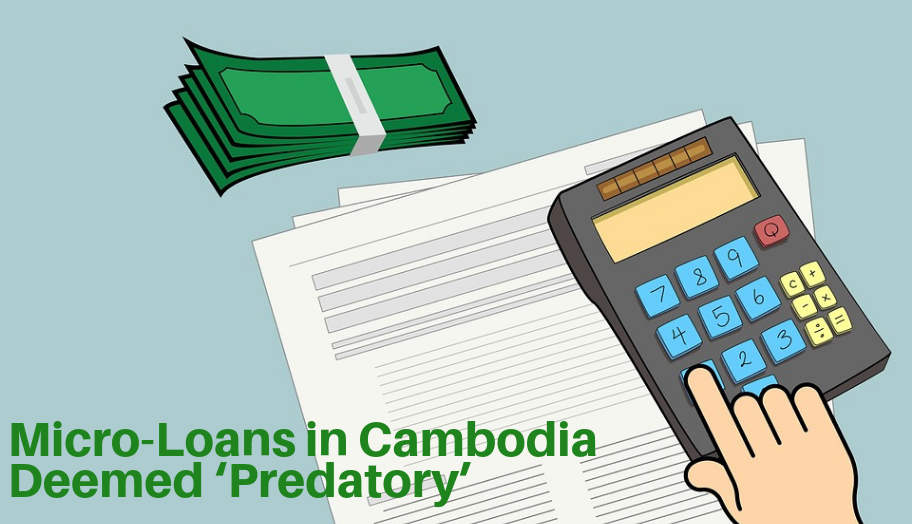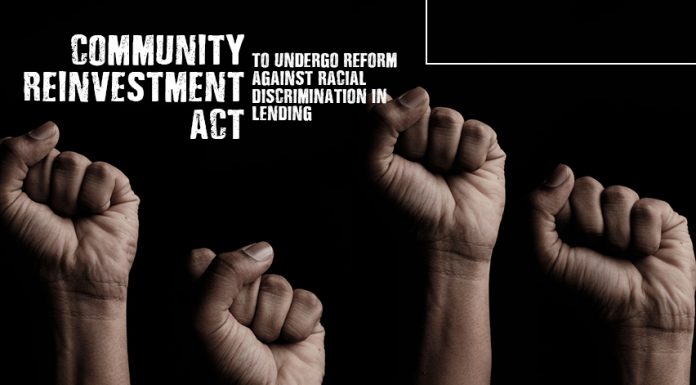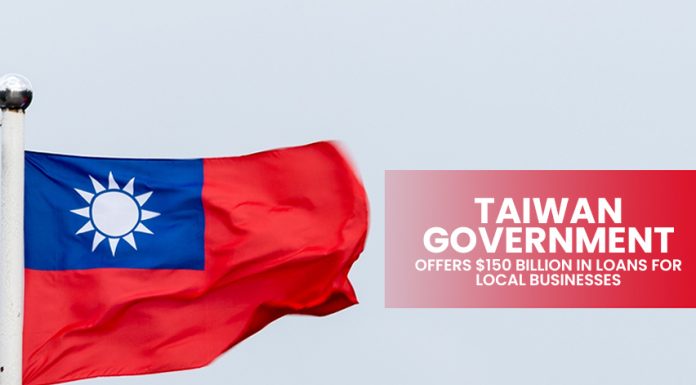Local microfinance institutions (MFIs) in Cambodia reportedly have “predatory practices.” A report by two of the top civil society groups thoroughly discussed exploitative policies and penalties, says Al Jazeera.
Microfinance lending was seen as a way to assist low-income Cambodians. However, the report prepared by human rights group Licadho and land rights group Sahmakum Teang Tnaut (STT) states that MFIs use abusive practices resulting in coerced land sales, child labor and forced migration.
As of this writing, there are around 2 million Cambodian who availed microfinance loans. The collaborative report makes use of interviews with 28 families. Of the 28 households, 22 testifies to “coerced” land sales, 13 were compelled to practice child labor and 18 experienced forced migration.

In statements given by two executives of MFIs, predatory practices such as these are common to microloan institutions. The sources, who chose to remain anonymous, testified to these firms “regularly [pressuring] clients to sell land.” They also collaborated with local authorities to further pressure borrowers if needed.
Other exploitative practices also include compelling customers to borrow more money in order to pay existing loans. Two MFIs LOLC and HKL were named in the report. The unnamed client was then “visited” by 11 HKL representatives to coerce him into selling his land.
One of the anonymous MFI executives said that the firms prioritize land prices.
While the reports show exploitative policies by these institutions, MFIs still have a positive reputation on a global scale. Executives of these companies claim that the malpractices are “isolated incidents.”
AMK micro-loan company CEO Kea Borann said that these firms have “thousands of loan officers” and that they do not have control over how these agents will behave.
Meanwhile, Al Jazeera’s sources said that these malpractices are “widespread and common knowledge.”













